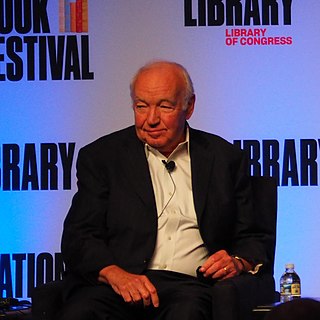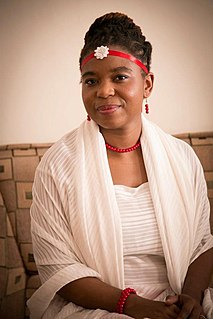A Quote by Joseph Kanon
Being an editor doesn't make you a better writer - or vice versa. The worst thing any editor can do is be in competition with his writer.
Quote Topics
Related Quotes
That is an editor. He is trying to think of a word. He props his feet on a chair, which is the editor's way; then he can think better. I do not care much for this one; his ears are not alike; still, editor suggests the sound of Edward, and he will do. I could make him better if I had a model, but I made this one from memory. But is no particular matter; they all look alike, anyway. They are conceited and troublesome, and don't pay enough.
My father was the editor of an agricultural magazine called 'The Southern Planter.' He didn't think of himself as a writer. He was a scientist, an agronomist, but I thought of him as a writer because I'd seen him working at his desk. I just assumed that I was going to do that, that I was going to be a writer.
I was once referred to in a Kirkus review as a "northern Michigan version of Andre Dubus." My editor called me after the review came out and asked if I was okay with that. What part? I wondered. Finding myself in the same sentence with Andre Dubus? What could be better than that? Or perhaps - and more likely, my editor meant being pigeonholed as a writer of this remote region "mostly ignored by the rest of the world," as Jim Harrison says.
Editing should be, especially in the case of old writers, a counselling rather than a collaborating task. The tendency of the writer-editor to collaborate is natural, but he should say to himself, 'How can I help this writer to say it better in his own style?' and avoid 'How can I show him how I would write it, if it were my piece?'
My last point about getting started as a writer: do something first, good or bad, successful or not, and write it up before approaching an editor. The best introduction to an editor is your own written work, published or not. I traveled across Siberia on my own money before ever approaching an editor; I wrote my first book, Siberian Dawn, without knowing a single editor, with no idea of how to get it published. I had to risk my life on the Congo before selling my first magazine story. If the rebel spirit dwells within you, you won't wait for an invitation, you'll invade and take no hostages.
You can give the greatest performance possible, but if you don't have a director who's pointing the camera in the right direction and an editor who's editing it properly, it doesn't matter what you do. The director and the editor are the most important people. Not the actors. Sometimes the writer is important. But if you don't have a good director, you can't have a good production.



































